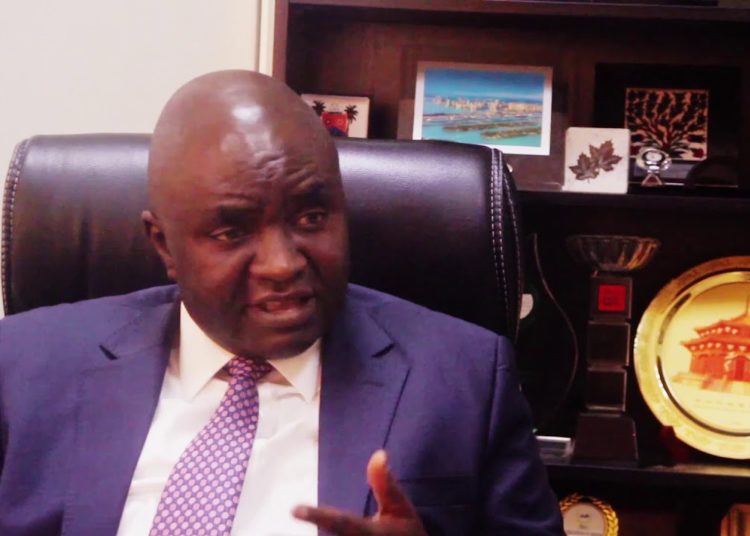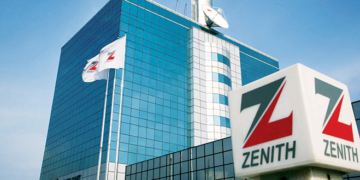The Centre for the Promotion of Private Enterprise (CPPE) has advocated strategic protectionism, a calibrated policy approach that safeguards domestic and emerging industries while building competitiveness and self-sufficiency.
CPPE said the recent 15 per cent import duty on refined petroleum products is seen as a positive step towards achieving this goal. Combined with broader industrial support measures, it can catalyse industrial expansion, conserve foreign exchange, create jobs, and promote economic resilience.
The director/CEO of CPPE, Dr Muda Yusuf, emphasised that industrialisation was vital for Nigeria’s long-term economic growth and job creation.
He noted that, “history and global experience indicate that no nation has successfully industrialised through indiscriminate trade liberalisation.”
Yusuf pointed out that Nigeria’s significant reliance on imports over the past decades had weakened its production capabilities, diminished competitiveness, and made the economy vulnerable to external pressures.
He cited sectors like cement, flour, and beverages, which had benefited from measured protection, as having shown impressive domestic growth and value addition.
He further explained that historical evidence underscored the need for a certain level of protectionism during industrial take-off for developing nations like Nigeria.
Drawing parallels with countries such as China, South Korea, India, and Malaysia, Yusuf stated that,”these nations developed their industrial prowess through inward-looking strategies in their formative years.
“These countries prioritised protecting nascent industries, fostering local content, and building domestic value chains before gradually embracing global competition. Even the United States, known for its robust economy, has recently implemented protectionist measures to reinforce its manufacturing sector.”
Yusuf expressed concern that Nigeria’s ongoing dependence on imports has led to deep-rooted structural challenges, stating, “the lack of effective protection coupled with insufficient support for local producers has hindered investment and resulted in years of deindustrialisation.”
He cited the oil and gas sector, where decades of reliance on imported refined products have drained foreign reserves and weakened economic sovereignty.
The CPPE advocated a strategic protectionist framework, especially in crucial industrial sectors, as a cornerstone of Nigeria’s industrialisation strategy.
Yusuf stressed the importance of fostering local industries before exposing them to global competition, stating, “Without addressing structural constraints, it is not truly legitimate competition but rather an imposition of disadvantages.”
He outlined several obstacles that Nigerian manufacturers face, including high energy costs, inadequate infrastructure, limited financing options, inefficient port operations, and complex regulatory environments. In contrast, producers in advanced economies benefit from subsidised energy, efficient logistics, and favourable financing conditions.
Yusuf emphasised that creating a level playing field is essential, adding, “Genuine competition requires comparable production conditions. It should not be a contest between subsidised imports and under-supported domestic industries.”
To ensure that protectionism yields sustainable advantages, he proposed that the government take complementary actions such as implementing fiscal incentives and targeted subsidies, facilitating access to affordable financing, ensuring a reliable energy supply, investing strategically in infrastructure, and streamlining regulatory processes.
Regarding policy recommendations, Yusuf advocated for maintaining the 15 per cent import duty on refined petroleum products to safeguard and encourage investment in domestic refining, among other things.
He emphasised the importance of transitioning to export competitiveness as local industries achieve stability, ensuring that protective measures are both performance-based and time-bound.





